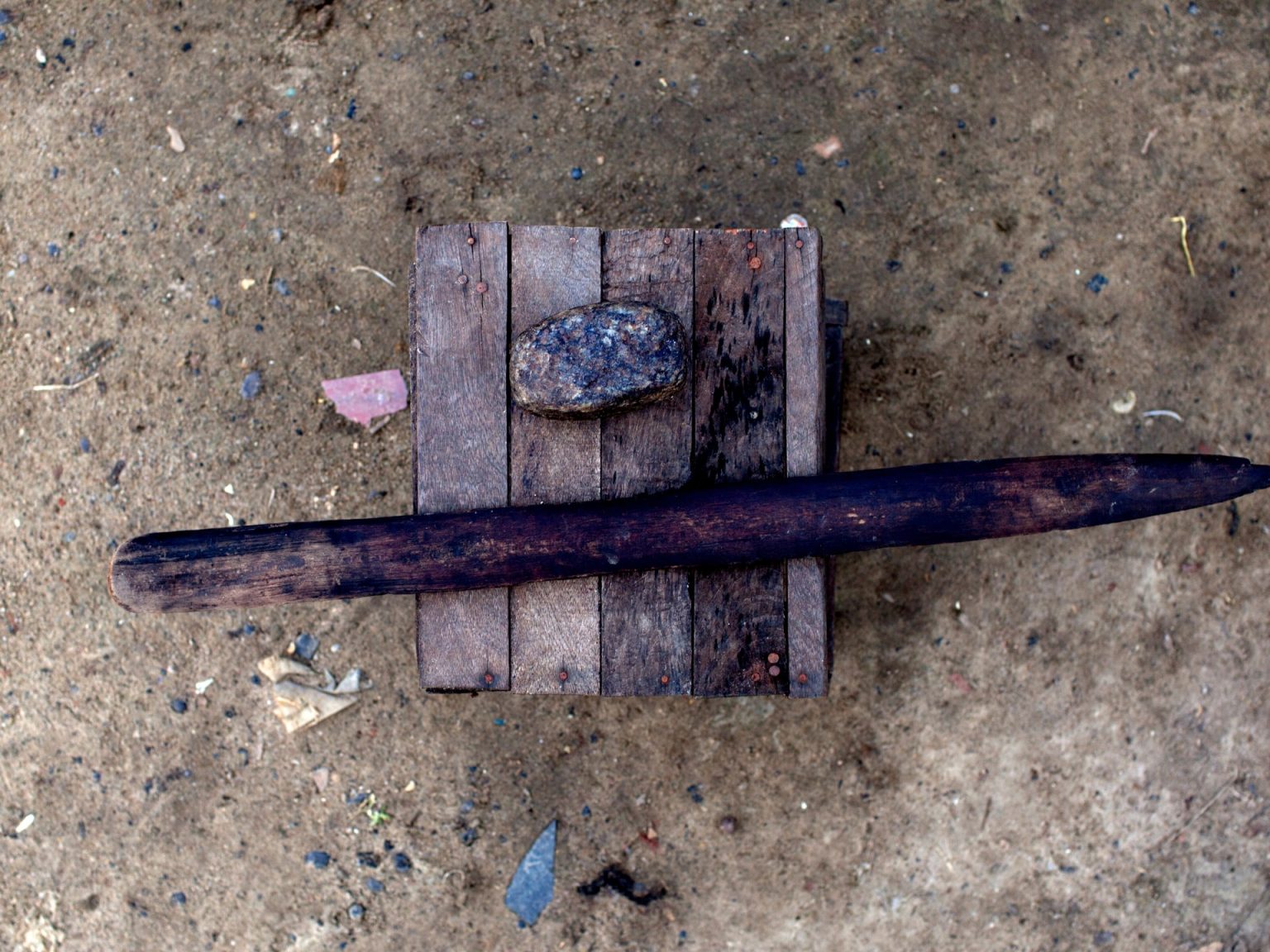Breast ironing is a harmful cultural practice prevalent in countries like Cameroon and parts of Nigeria, where young girls have their breasts pounded or ironed to delay their development. This practice is believed to make girls less attractive to men, protecting them from abuse and early marriage. However, health bodies and rights groups consider it to be physical mutilation that can have long-term effects on a child’s physical and psychological well-being. The United Nations estimates that about 3.8 million women in Africa are affected by breast ironing, which is under-reported. Girls in countries like Cameroon and Nigeria face a 25 to 50 percent likelihood of being subjected to this practice.
Elizabeth John, a 27-year-old Cameroonian refugee living in Nigeria, shares her traumatic experience of breast ironing, which was forced upon her by her mother when she turned 10. Years after the procedure, she still suffers from pain, uneven breast development, and weak muscles. Despite seeking medical help, her condition was not believed to be related to breast ironing due to cultural beliefs. The physical consequences of breast ironing can include pain, anatomical distortions, difficulties with lactation, infections, and reduced breast milk production, according to a gynaecologist.
Breast ironing is often done in secret using traditional tools like grinding stones, cast iron, coconut shells, and more, with the involvement of close female relatives or traditional midwives. The lack of data on breast ironing hinders a comprehensive understanding of the practice and its prevalence. Cultural beliefs that breasts attract men and the desire to protect girls from sexual abuse drive the continuation of this harmful tradition. Women’s rights activists view breast ironing as a cruel and inhuman practice that causes physical pain and shame, affecting many women and girls.
In Nigeria, harmful practices like breast ironing, female genital mutilation, and forced marriages are considered criminal offences under the VAPP Act. Despite legal prohibitions, breast ironing remains prevalent in communities like Gbagyi, where John now lives, and many women continue to impose this practice on their daughters. Local awareness campaigns have led to some women stopping the practice, but others remain unconvinced of the health risks. Activists like John are determined to break the cycle and ensure that their daughters do not experience the pain and suffering caused by breast ironing.
In Nigeria, organisations like Teenage Network are working to raise awareness about breast ironing and combat harmful sociocultural norms that perpetuate violence against women and girls. They conduct outreach programs to educate parents about the severe health consequences of breast ironing and have called for the abolition of this harmful practice. Despite these efforts, the reporting rate of breast ironing cases remains low due to lack of awareness. Women like John continue to struggle with the physical and emotional consequences of breast ironing, facing pressure from family to bear another child despite the challenges they face in affording treatment for her ongoing pain.


